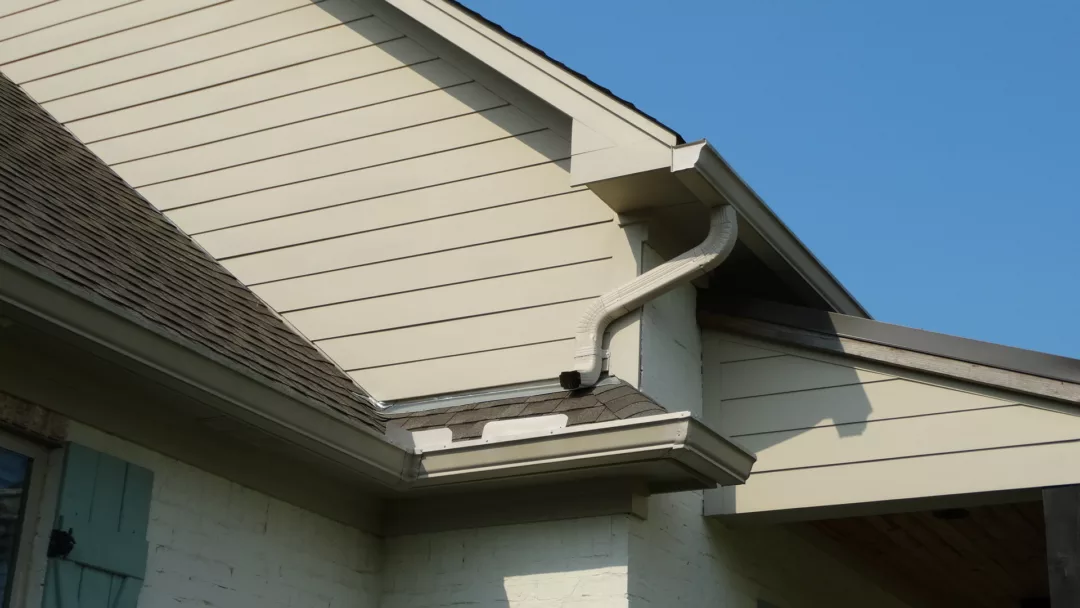Estimated reading time: 5 minutes
A home inspection is one of the most critical steps when purchasing a home and, in most cases, will require you to negotiate repairs after the inspection. Most buyers make two huge mistakes when negotiating repairs after I’ve inspected their potential home. 1) They rely on the seller’s repairman, and 2) they don’t negotiate with the seller and agree on who approves the repair once it’s made.
Known Fact: most buyers don’t know satisfactory repair protocol – like they don’t know home inspection protocol.
The home inspection process allows the buyer to identify potential issues discovered about the property before finalizing the purchase. Often, a home inspector’s list of repairs is presented to the buyer, and it’s up to the buyer and the buyer’s agent to help negotiate the repair list with the seller.

However, it’s not uncommon for the subcontractor hired to make repairs not to be qualified for the job. This can not only be frustrating but can be a costly experience for the buyer.
In this article, I’ll discuss some suggestions to help protect the buyer from poor-quality workmanship. Most of what I have to say is practical knowledge, but the most important advice has more to do with not properly following through with the second half of the inspection. The repair process.
Who Hires the Contractor: In most cases, the seller is presented with a list and is asked to make repairs. I have seen plenty of situations where I would not want the same subcontractor who performed the original work to make the repairs. As the buyer, you have the right to know who’s doing the work. After all, you’ll move into the home after the purchase and live with the repairs.
Sometimes, it might be best to negotiate with the seller for a price reduction rather than have someone you don’t know or trust attempt the work. If you settle for a lump sum, you can control which contractor to hire and manage the entire repair process, including who inspects the repairs after everything is finished.
Research the Contractor: One of the best ways to protect yourself is to research the contractor before hiring them. This “research time” is another great reason it might be best to settle for a lump sum payment with the seller.

In today’s world, most people look for reviews online. It’s an excellent place to start, but you’ll also want to check their references and ask if anyone has used them. In Mississippi, heating, cooling, plumbing, and electrical contractors must be licensed. Even if you’re hiring other tradesmen, ask if they’re insured and enquire how the contractor will warrant the finished product.
Get Multiple Quotes: Don’t settle for the first quote. Get multiple prices from different contractors to ensure you are getting a fair price. However, be wary of contractors who provide a quote significantly lower than the others. This could be a red flag that they are cutting corners or using inferior materials. Look for detailed quotes.
Get Everything in Writing: Ensure everything is in writing before any work begins. This includes the scope of work (also called “specifications”), the timeline, and the total cost. This will help protect you if there are any issues down the line.
Use a Contractor Agreement: A contractor agreement is a legal document that outlines the terms of the agreement. This should include a detailed list of the scope of work, the timeline, the payment schedule, and any warranties or guarantees. Here is an example of a language that could be included in a contractor agreement:
“Contractor agrees to perform the work specified in this agreement in a professional and workmanlike manner, using materials of a quality commensurate with the job’s requirements. The contractor warrants that all work will be completed in accordance with applicable building codes and regulations. The contractor agrees to repair any defects or deficiencies in the work, which become apparent within one year from the completion date, at no additional cost to the buyer.”
Check the Work: After completing the repairs, thoroughly check the work to ensure it was completed satisfactorily. Don’t be afraid to ask the contractor to fix anything that isn’t up to your standards.
What are your standards? Chances are you don’t have a standard for repair. Why? Because the odds are high, you wouldn’t know a satisfactory repair if it were staring you in the eye! That’s not your fault; it’s a matter of fact. Few buyers know those types of details. But an inspector worth his/her pay should know workmanlike repairs. Check with your home inspector about a reinspection. It’s a good idea to include some language in the contractor agreement that specifies the work must pass a satisfactory re-inspection by your inspector.
My Final Thoughts: Protecting yourself from poor-quality workmanship requires some research, getting multiple quotes, checking the work, and getting everything in writing. Using a contractor agreement with specific language that includes who will provide the passing grade for the repairs can help ensure the work is done to your satisfaction and avoid costly issues down the line.
NOTE: The examples I’ve suggested above are just that…suggestions. As always, seek legal counsel for all things legal.
- - - - - - - - - - - - - - - - - - - - -